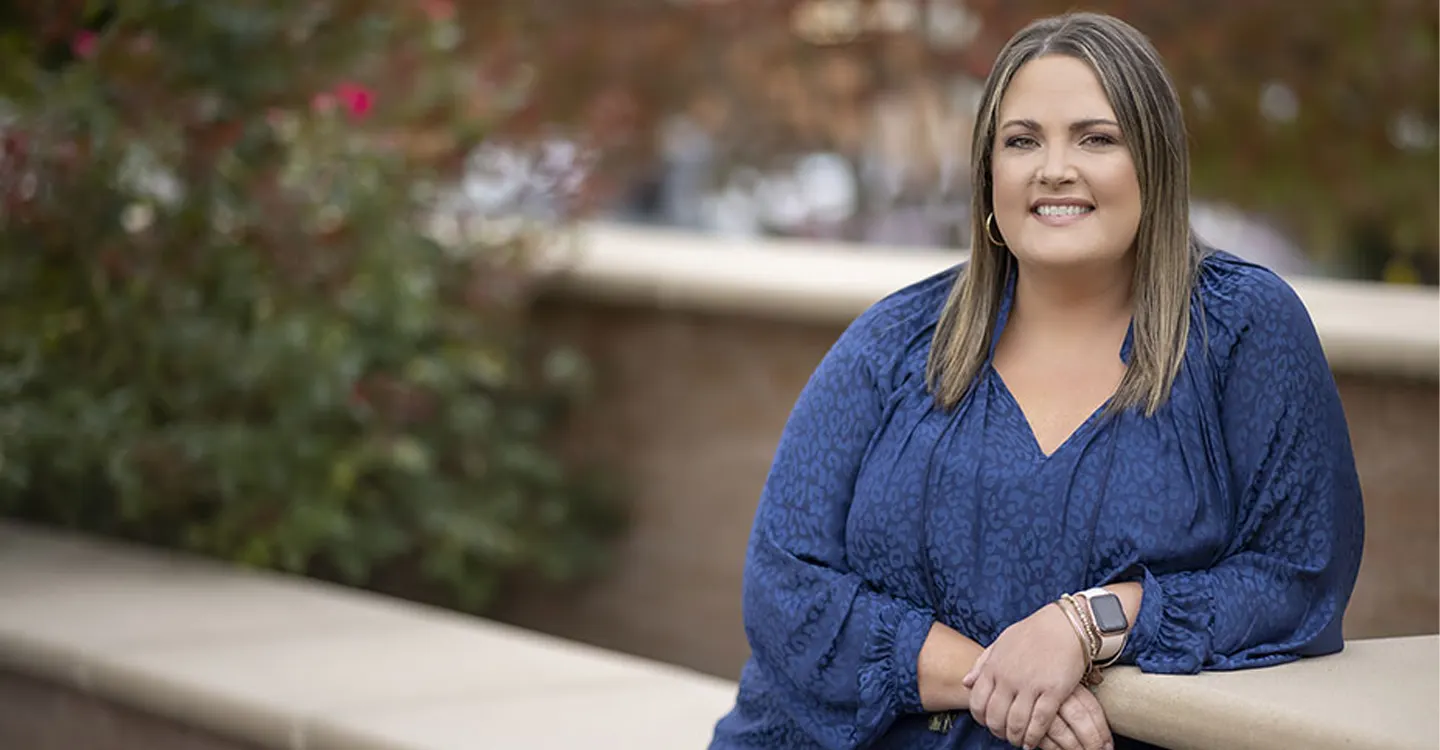Katie Wathen trained to be a nurse. She understands that visitation policies in place for COVID-19 patients are critical to public health, but when the patient is your loved one, there is an equally compelling need to be present and informed, regardless of risk or how busy caregivers are.
When Wayne, her partner of 15 years, was hospitalized at Floyd for COVID-19, Katie needed an advocate, someone to bridge the gap between her and the love of her life. She wanted detailed information, Wayne's prognosis, his treatment plan, his vital signs, the names of decision makers. Lacey Kinsey, Patient Advocate Coordinator, was that advocate, building a relational bridge with Katie that more than met her need in a pandemic storm.
Barbara Burnes says managing and navigating the often-difficult expectations of family members is Lacey's gift. With compassion and empathy, she connected Katie to Wayne's caregivers and gave Katie her own cellphone number to call if she needed help getting the information she craved.
“She was the calm in the storm," Katie said. “Any problem I had, she was there to answer it. She wanted to make sure I was getting enough rest. The nurses are good, but they have other patients. Lacey was the one who prayed with me on the phone."
Katie was working in Birmingham when she learned that Wayne's health had declined and that he would be intubated. She called Lacey, who became a communications line through calls and text messages, keeping Katie informed as she drove to Rome.
Knowing how anxious Katie was, Lacey even checked in with her to make sure she was safe while driving. She called her again when Wayne, although still critically ill, had stabilized, and she worked with Wayne's care team to get permission for Katie to see him. When Katie made a posterboard of family photos for Wayne, a tangible way to connect him to his family, Lacey made sure the poster was placed in his hospital room. And, when Katie told her all she really needed was prayer, Lacey called her to tell her that her family had prayed for her and Wayne around their dinner table.
Wayne was in the hospital for about a month. He passed away on Sept. 8 from complications of COVID-19.
“When Wayne died, she was the first person I called. I felt that close to her," Katie said. “My life irrevocably changed, and she was the only saving grace I had. Even after Wayne passed, she called me to make sure I was okay. She wasn't his direct caregiver, but she was my direct caregiver. She was my lifeline."
